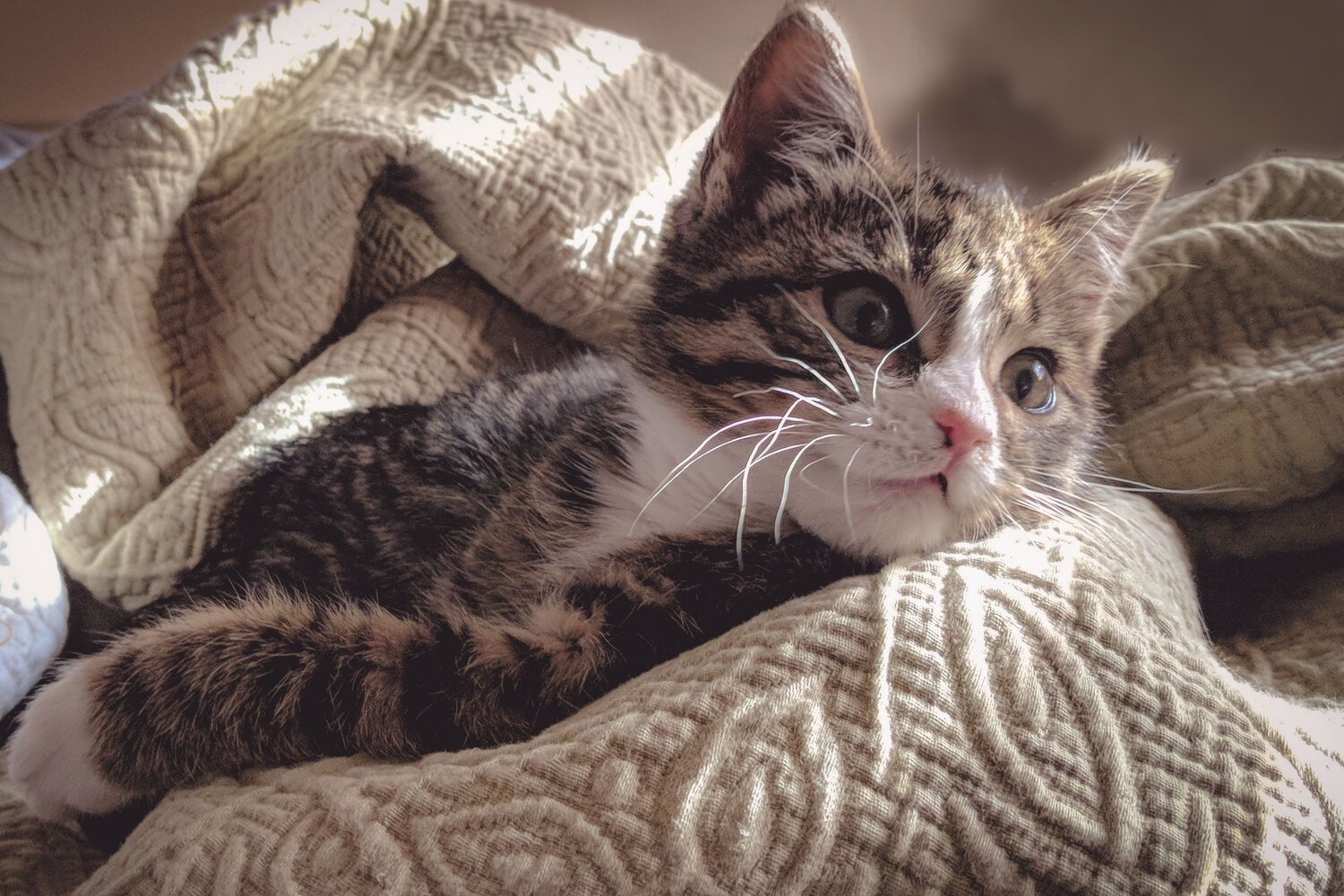
CAT EMERGENCY CARE
Urgent Feline Care: Navigating Emergencies

The following are the only emergency facilities we recommend for our clients and their pets:
Boundary Bay Veterinary Specialty Hospital
10436 173 St. Surrey, BC 604-514-8383
Alternatives:
Canada West Veterinary Specialists
1988 Kootenay St. Vancouver, B.C. 604-473-4882
The Vancouver Animal Emergency and Referral Center
2303 Alberta St. Vancouver, B.C. 604-879-3737
Animal Emergency Hospital of the Fraser Valley
#306 - 6325 204 St. Langley, B.C. 604-514-1711
Intercity Animal Emergency Clinic
580 SE Marine Dr. Vancouver, B.C. 604-321-8080
For more information on when to go to the emergency hospital CLICK HERE
What do I do in a cat emergency?
In the event of a cat emergency, staying calm is crucial. First, assess the situation and prioritize safety for both you and your cat. If immediate veterinary attention is required, contact your local emergency veterinary clinic and follow their guidance.
What are cat emergencies that require immediate attention?
Cats often display subtle signs of illness, emphasizing the importance of observing any nuanced changes in their behavior. For instance, if your cat typically eats upon your return home from work but suddenly refrains, it could indicate an underlying issue requiring veterinary attention.
Here are some conditions that demand prompt veterinary care for your cat:
Trauma: If your cat experiences a traumatic incident, such as being hit by a vehicle or falling from a height
Unconsciousness or Collapse: If your cat loses consciousness or collapses suddenly.
Breathing Difficulties: This may be the most serious of all non-trauma-induced injuries because hypoxia (low oxygen levels) and the events that follow can lead to respiratory arrest and possibly death if not treated quickly. Labored breathing or choking requires urgent attention.
Severe Bleeding: If your cat is bleeding profusely, apply pressure to the wound and seek immediate veterinary care.
Poison Ingestion: Ingesting poisonous substances requires immediate intervention.
Straining or unable to urinate in male cats: Inability to, or straining to urinate could indicate a urinary blockage, which requires immediate attention.
How do I get my cat to an emergency room safely?
When going to an emergency room use a carrier to keep your cat secure during transport. Maintain as gentle a presence as possible and speak softly. Call the emergency veterinary clinic beforehand to inform them of your arrival, ensuring prompt assistance.
FAQ
-
Call your local emergency veterinary clinic immediately for guidance on the next steps.
-
Apply gentle pressure to the bleeding area using a clean cloth or bandage, and transport your cat to the emergency clinic.
-
Contact your local emergency veterinary clinic or a pet poison control hotline immediately for guidance on handling poisoning incidents. Do not attempt home remedies without professional advice.
